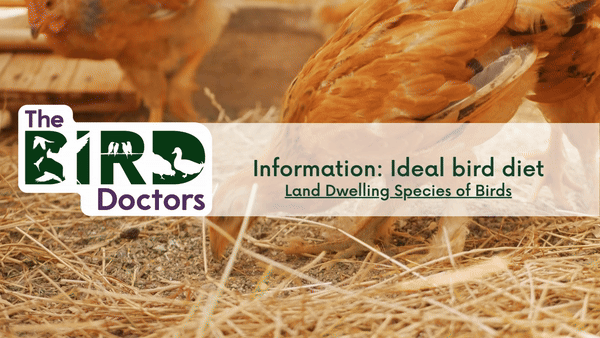

Fresh water, from mains water supply, should be on offer at all times. Refreshing this daily, via manually cleaning the water container and refilling it, should form part of a daily care routine. Water sources should be placed under cover, away from direct sunlight and be made of a material unlikely to retain heat during the hot summer months. These will ideally not be accessible by wild birds, wild rodents, or other animals.
Specific dietary recommendations will vary depending on the species of backyard bird being kept and their life stage. Commercially available pellets are recommended as the basis of any poultry or water birds kept as pets. Barastoc produce a range of poultry food supplies, suitable for many different life stages and species.
Supplying fresh greens and vegetable matter will not only be enjoyable to watch as your flock rummages through it, but provides additional sources of vitamins and minerals. Free ranging back yard birds will graze on plants in the space, and can have extra greens supplied. Kitchen “scraps” are not necessarily recommended, as they can be spoiled or of negligible nutritional value; there is a reason we call them “scraps”.
For free ranging birds, additional grit is seldom required. Any birds housed in completely artificial environments (ie, no access to dirt), will benefit from the addition of grit to assist in food breakdown in their gastrointestinal tract. Grit can be purchased from a feed store and can be in the form of crushed shells (digestible) or even small (undigestible) rocks.
The location of food on offer and where or how it is stored prior to feeding can often be just as important as the food itself. Food should be stored in clean, airtight containers, with complete restriction of rodent access. A designated feeding area/s will enable the food being consumed to be monitored (a reduction can be an early sign of disease) and make it easier to clean regularly. Feeding stations should be suitably spaced to prevent competitive behaviours at feeding time. Wild birds, rodents, wildlife and pets should not be able to access the feeding stations.

